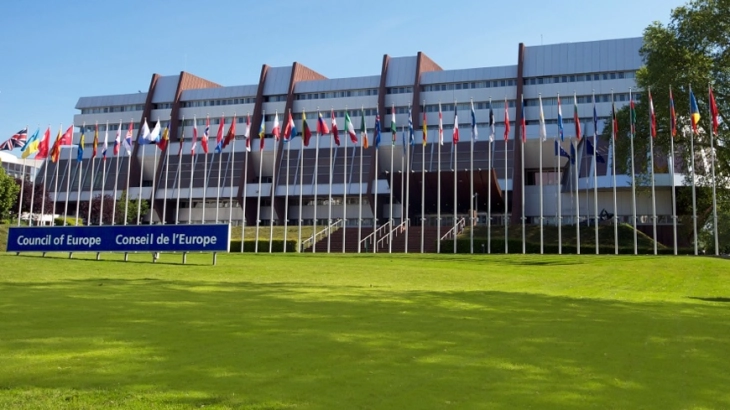North Macedonia makes significant progress in minority rights protection, practical implementation of legislation needed

Strasbourg, 21 September 2022 (MIA) - North Macedonia has made significant progress in the legal protection of the rights of persons belonging to national minorities by improving its policies according to the Framework Convention, however practical implementation of the rights must be improved, says Council of Europe Advisory Committee on the Framework Convention for the Protection of Minority Rights in its latest opinion published Wednesday, MIA reports from Strasbourg.
The authorities in North Macedonia continue to apply the Framework Convention primarily to the national minorities listed in the Constitution (Albanians, Bosniaks, Roma, Serbs, Turks, and Vlachs), though some flexibility is applied with regard to non-recognised groups.
Today's fifth opinion of the Advisory Committee is based on information secured from government and non-government sources, including those gathered during their visit to the country in November 2021. The opinion is published together with government comments. A summary of the Opinion’s main findings is also available in Macedonian and Albanian.
The Council of Europe's Advisory Committee issues several recommendations to the country regarding further enhancement of equality and fight against discrimination, protection of national minorities from hostility and violence, promotion of their cultures, improvement of their education and media representation, as well as linguistic rights and labor and housing rights.
Though inter-ethnic relations appear to have improved compared to the last monitoring cycle, ethnic, religious and linguistic dividing lines continue to exist and regularly come to the surface in moments of crisis, says the document adding that to ensure sustainability of the Strategy “One Society for All”, more high-level political support, solid financing, and outreach to practitioners on the ground is required.
The Advisory Committee regrets that mixed school and classroom environments remain an exception, calling for an implementation of intercultural approach that involves training of teachers and students for the cultures and histories of different minorities and more frequent contact among students from different ethnic backgrounds.
The legal framework on combating hate speech and hate crime was further improved, but its application continues to be unsatisfactory and hate speech, particularly online, is a serious problem. There were several cases of human rights violations by police authorities, including border and prison police. Proper investigations into such cases or sanctions against members of the police are rare.
The Advisory Committee urges the authorities to improve access of Roma children to quality education by strengthening good practices such as education mediators, scholarships and education allowances and making these known to Roma parents. "The authorities should also increase the enrolment in preschools, and resolutely address de facto segregated education. Furthermore, the authorities are urged to ensure Roma have in practice access to the legally guaranteed free health care services, including to diagnosis, treatment and vaccination related to Covid-19. Particular attention should be paid to access to reproductive health services and information for Roma women. The authorities should invest more in recruiting and training Roma health mediators and medical practitioners, especially from among women," says the document.
The implementation of the law on languages, it adds, reveals and significant gap between the ambitions of the law on the use of Albanian and the concrete situation in the administration and courts. To fix this, significant investments in training and recruitment of translators and bilingual staff are required.
The authorities are also urged to strengthen the social and economic participation of national minority members who live in rural areas by investing in infrastructure and employment opportunities for young people belonging to the minorities.
The fifth opinion of the Council of Europe body doesn't mention the Bulgarian minority in North Macedonia, which should be included in the Macedonian Constitution in line with the agreement between Skopje and Sofia.
The Framework Convention for the Protection of Minority Rights is the most comprehensive European agreement on the protection of rights of the persons belonging to national minorities. It is the first legally binding multilateral instrument dedicated to the protection of national minorities in the world. An advisory committee consisting of independent experts monitors its implementation. It is applied in 39 countries after entering into force on February 1, 1998.







